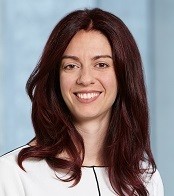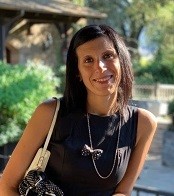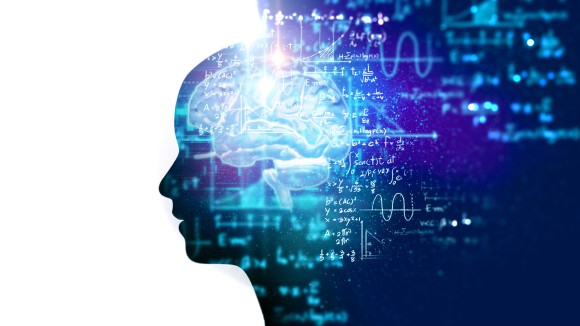 Eleni Chatzi is an Associate Professor and Chair of Structural Mechanics and Monitoring at the Department of Civil, Environmental and Geomatic Engineering of ETH Zürich. Her research interests include the fields of Structural Health Monitoring (SHM), structural dynamics, and data-driven condition assessment of engineered systems. Her work in the domain of self-aware infrastructure was recognized with the 2020 Walter L. Huber Research prize, awarded by the American Society of Civil Engineers (ASCE). Dr Chatzi has been an Editorial Board Member for Scientific Reports since 2021.
Eleni Chatzi is an Associate Professor and Chair of Structural Mechanics and Monitoring at the Department of Civil, Environmental and Geomatic Engineering of ETH Zürich. Her research interests include the fields of Structural Health Monitoring (SHM), structural dynamics, and data-driven condition assessment of engineered systems. Her work in the domain of self-aware infrastructure was recognized with the 2020 Walter L. Huber Research prize, awarded by the American Society of Civil Engineers (ASCE). Dr Chatzi has been an Editorial Board Member for Scientific Reports since 2021.
 Marta D'Elia is a Principal Member of the Technical Staff at Sandia National Laboratories, currently part of the Data Science and Computing group at the California site. She is a co-founder of the One Nonlocal World project. Her research interests include nonlocal modeling and simulation, optimization and optimal control, and scientific machine learning. Dr D’Elia has been an Editorial Board Member for Scientific Reports since 2022.
Marta D'Elia is a Principal Member of the Technical Staff at Sandia National Laboratories, currently part of the Data Science and Computing group at the California site. She is a co-founder of the One Nonlocal World project. Her research interests include nonlocal modeling and simulation, optimization and optimal control, and scientific machine learning. Dr D’Elia has been an Editorial Board Member for Scientific Reports since 2022.
 Jian-Xun Wang is an assistant professor of Aerospace and Mechanical Engineering at the University of Notre Dame. He is a recipient of 2021 NSF CAREER Award. His research focuses on scientific machine learning, data-driven computational modelling, Bayesian data assimilation, and uncertainty quantification. Dr Wang has been an Editorial Board Member for Scientific Reports since 2022.
Jian-Xun Wang is an assistant professor of Aerospace and Mechanical Engineering at the University of Notre Dame. He is a recipient of 2021 NSF CAREER Award. His research focuses on scientific machine learning, data-driven computational modelling, Bayesian data assimilation, and uncertainty quantification. Dr Wang has been an Editorial Board Member for Scientific Reports since 2022.

